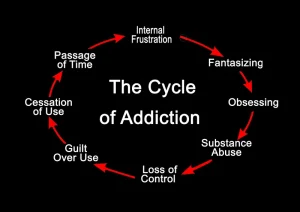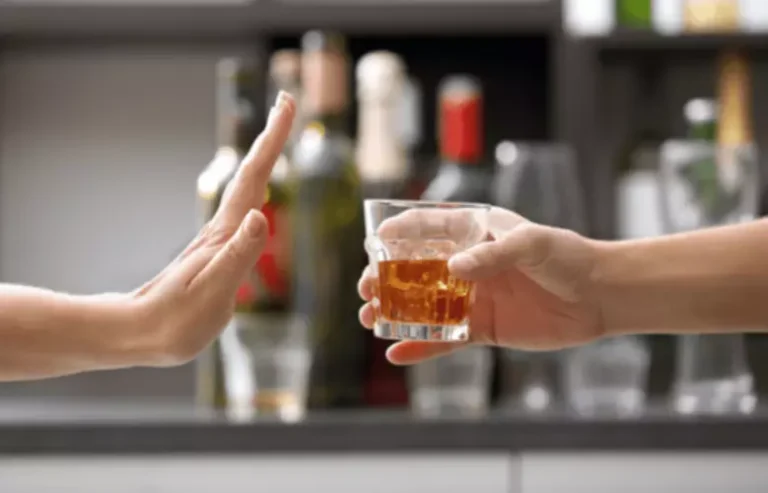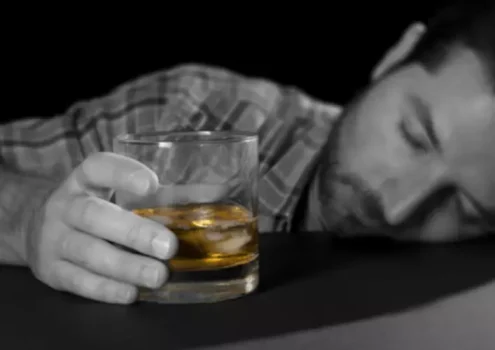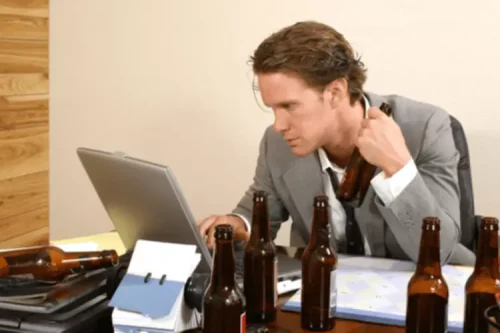
Talking to your children about drugs and alcohol can be…well, awkward. It’s hard to know what to ask them, what to say, and if you’ll get through to them. But talking about substance use is important for promoting healthy behaviors. Some kids drink alone or with friends to alleviate boredom; others drink to gain confidence, especially in social situations.

How to talk to your teen about underage drinking
Dr. Atkinson offers parents tips on how to discuss the dangers of drinking with their kids. One of the greatest risks of drinking to the point of getting drunk is asphyxiation from vomiting during sleep. It may seem counter-intuitive to keep a drunk teen awake, but it is the safest thing to do.

Lead by example

It may be years before your teen lets on about their first experience with alcohol, but the signs are there and unmistakable. Some of the more obvious things to look out for include slurred speech, the smell of alcohol on their breath or clothes and a change in mood or demeanour. If your child continues drinking or if they seem to be struggling, these are signs that your child might need additional help or professional treatment.
How to talk to someone about their drinking
- While parenting an adolescent is rarely easy, it’s important to remember that you can still have a major impact on the choices your child makes, especially during their preteen and early teen years.
- It is important that this root issue is attended to not only to resolve it, but also to make sure that drugs and alcohol do not cause further harm.
- We are lucky to be able to have a positive impact on adolescents and when we express concern, we find that most of our patients really listen.
- While many parents still believe that having kids drink at home is safer, Dr. Atkinson says that simply is not true.
- The key is to lay out these rules — and the consequences for breaking them — clearly when neither of you are angry.
The final and most serious fifth stage of alcohol or other drug use involves the youth only feeling normal when they are using. During this stage, risk-taking behaviors like stealing, engaging in physical fights or driving under the influence of alcohol increase, and they become most vulnerable to having suicidal thoughts. By working with the teenager and their parents, we help heal the entire family. Other studies have shown that alcohol use tends to increase with age during adolescence, with older teens more likely to drink and engage in heavy or binge drinking. Kids may think underage drinking is no big deal because they see it in movies, television, and on social media. They’re drinking to get drunk, and that could lead to risky behavior.
“Alcoholism just runs in our family.”

Don’t drink and drive, don’t drink excessively in front of your children, and don’t use alcohol as an escape. As a parent or guardian, it’s normal to feel scared, angry, or confused if you discover your child is drinking. But it’s important to remember that you still have a major impact on the choices that your child makes, especially during their preteen and early teen years.
- Working on developing boundaries and the ability to say no in uncomfortable situations can help your child deal with peer pressure and resist the need to drink.
- To avoid burnout, set clear limits on what you’re able to do.
- Bring these concerns to your teen’s therapist and they will be able to give you some direction as far as what to do with these feelings.
- It will also give you insight into what may be behind your child’s drinking.
Be prepared for the possibility that your teen may be drinking alcohol. In our practice, we do not have an overarching zero tolerance policy for drugs and alcohol for teens or for patients of any age. Drug and alcohol use is to be taken on a case-by-case basis. But for the majority of people we work with in our therapy practice, if we were to push abstinence, it would not teach them to stay away from drugs and alcohol. When it comes to talking about substance use, having multiple little talks can be more effective than one “big talk.” Talking frequently builds trust with teens.

This type of occasional use among teenagers can be dismissed as “growing pains,” so long as no dangerous behavior, such as operating a motor vehicle while intoxicated, accompanies their use of alcohol. It can be extremely distressing as a parent to witness the after-effects of your teen’s binge drinking. If your teen is in an unconscious or semiconscious state, their breathing is very slow, their skin clammy, and there’s a powerful odor of alcohol, there’s a strong chance they may have alcohol poisoning. Kids face a huge amount of stress as they navigate the teenage years.
While you can’t shelter your loved one from situations where alcohol is present, you can avoid drinking with or around the person. When you spend time together, try to suggest activities that don’t involve alcohol. Residential treatment or “rehab” facilities teenage alcoholism provide intensive treatment for alcohol abuse or addiction. Your loved one resides at a special facility for 30 to 90 days and receives treatments such as detox, therapy, and medication. Finally, it is not just your teen you should be talking to.
- Since alcohol is a depressant, using it to self-medicate can make problems even worse.
- The rules are flexible, but typically, players take sips or shots when certain cards are played (like Draw Two or Reverse).
- Alcohol abuse and addiction (also known as “alcohol use disorder”) doesn’t just affect the person drinking—it affects their families and loved ones, too.
- No matter how tall or mature your teen seems, they need boundaries, discipline, and structure as much as ever.
- However, it’s still a good idea to reach out to them — regardless of the cause of their behavior, they may need guidance and support.

